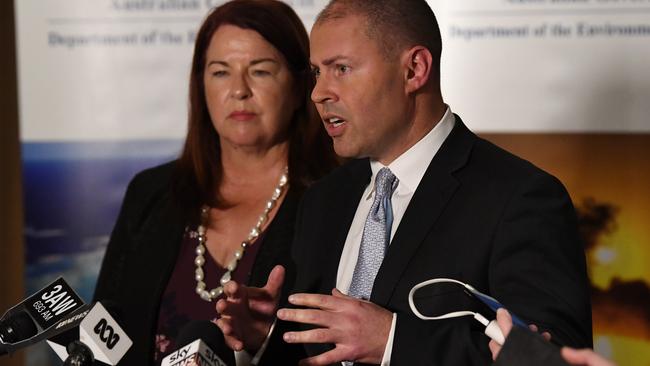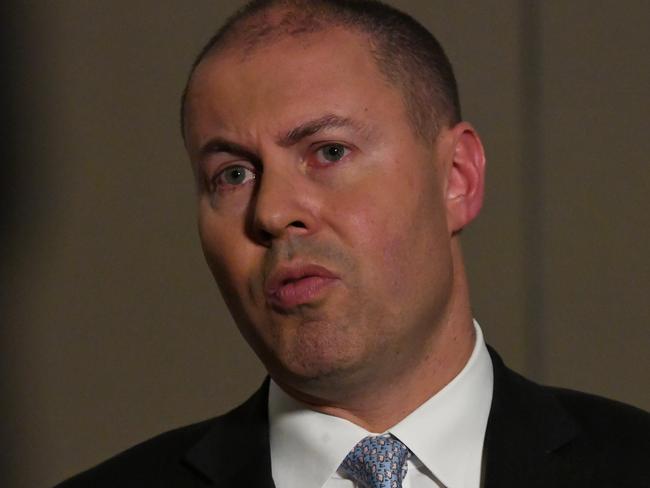Minister commits to make all Australia packaging reusable or recyclable
THE government has made a huge commitment to eliminate landfill-found packaging in all Australian products by 2025.

ALL Australian packaging will be re-usable or recyclable into other purposes by 2025 under bold plan to rescue us from being smothered by our own waste.
Environment Minister Josh Frydenberg today called the issue urgent and important as he met with state counterparts and local government to discuss solutions.
Governments pledged to increase recycling efforts by using waste for road and construction and to limit food leftovers.
And the packaging industry has agreed to, within seven years, use only materials which are compostable, reusable or recyclable.
This would remove one of the biggest sources of untreatable waste, and ordinary Australians also will have to change habits and not just fill the recycling bin on their kerb.
Prime Minister Malcolm Turnbull today warned Australian households and industry: We must recycle more waste.
“There is no question that we are going to have to recycle more,” the Mr Turnbull told reporters.
“We are going to have to look very carefully at how much plastic waste that we can avoid creating in the first place.”
Mr Turnbull said: “Australians are actually very good recyclers. You’ve all got lots of coloured bins. You’re all familiar with it. But we are going to have to do more.”
Australia produces some 64 million tonnes of garbage a year of which 35 tonnes is recycled.
Some four million tonnes of recyclable material is exported, and of that 1.3 million tonnes went to China.

But China has banned these imports from around 100 countries including Australia and the extra waste eradication burden threatens to bust the budgets of local councils.
The garbage which had been sent to China was about 30 per cent of our recyclable paper and 35 per cent of our recyclable plastic — or four per cent of what we recycle.
The extra tonnage could be burned to create electricity, and the Federal Government has already spent $200 million on turning garbage into energy.
The least preferred option would be simply to dig big holes and bury the waste.
Minister Frydenberg has been pushing the plan to ensure packaging is recyclable, reusable or compostable, which would eliminate much of household rubbish. States are heading to bans on plastic bags used by retail outlets.
And in a major step, Australian industry has agreed to reduce the use of microbeads, which are found in cosmetics and other beauty products.
Mr Frydenberg said an independent assessment commissioned by the Government found that of approximately 4400 relevant supermarket and pharmacy products inspected, only six per cent were found to contain microbeads.
“While our original target was 90 per cent, we will continue the good work done to date until 100 per cent of cosmetics and personal care products are microbead-free,” Minister Frydenberg said.
He said microbeads were plastic particles of around one millimetre in diameter widely used as an ingredient in cosmetic and personal care products, especially exfoliants.
They can harm marine life and marine environments because of their composition, ability to attract toxins and ability to transfer up the marine food chain.
“They can also pollute our waterways, meaning the removal of products containing microbeads from our supermarket and pharmacy shelves will not only benefit the environment, but also human health,” he said.



